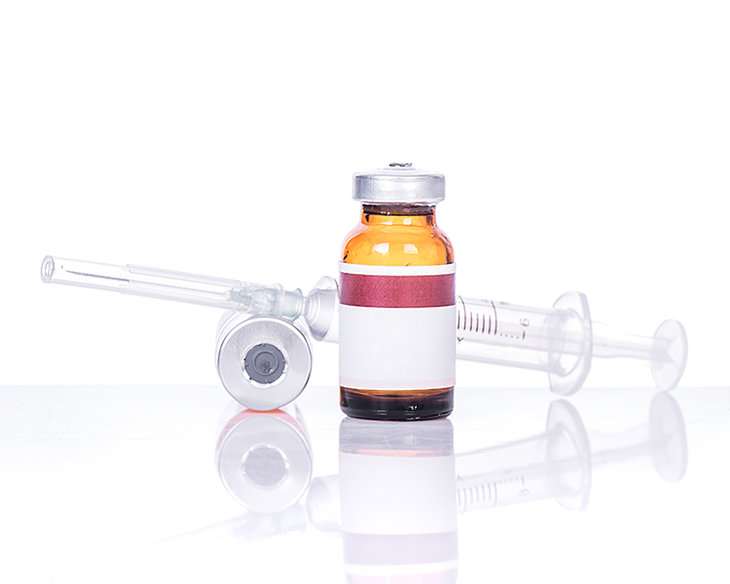Possible use for botulinum toxin to treat atrial fibrillation

From temporarily softening wrinkles to easing migraines, botulinum toxin has become a versatile medical remedy because of its ability to block nerve signals that can become bothersome or risky.
But could the toxin also quell heart flutter, known as atrial fibrillation, after cardiac surgery? That question was at the root of a study led by Duke University researchers, who report today at the Scientific Sessions of the American Heart Association meeting that the answer is "maybe."
Researchers in Duke's Department of Anesthesiology and the Duke Clinical Research Institute launched their inquiry after a study from Russian scientists reported a 70-percent drop in atrial fibrillation episodes among a small cohort of heart surgery patients who were treated with strategic injections of botulinum toxin (commonly marketed as Botox).
Bouts of irregular heartbeat are a common complication after cardiac surgery, affecting up to 40 percent of patients and increasing the risk of stroke and death.
"The results from Russia were very interesting, but needed to be replicated on a larger and more medically complex group of patients," said lead author and Duke anesthesiologist Nathan Waldron, M.D.
Waldron and colleagues enrolled 130 patients who were slated to undergo a coronary artery bypass grafting procedure, valve surgery, or both. During their surgeries, roughly half the patients were randomly assigned to receive shots of botulinum toxin in the fat pads around their heart—where the fibrillation is known to arise; the other half received harmless saline. The medical teams did not know which injection the patients received.
Afterward, the patients were monitored continuously by electrocardiogram to pick up signs of atrial fibrillation. Among the patients who received injections of botulism toxin, 36.5 percent had atrial fibrillation, compared to 47.8 percent of those who had the saline placebo.
The researchers also found that patients who received the botulinum toxin had shorter initial bouts of atrial fibrillation, but there were no significant differences in the length of hospital stays or post-operative complications.
"Unfortunately, while there was a numerically lower risk of atrial fibrillation among the Botox patients, it did not meet statistical significance," said Jonathan P. Piccini, M.D., a member of DCRI and senior author of the study. "What we observed was a modest positive effect on preventing atrial fibrillation, so a larger trial is something that is needed to provide a clearer picture."



















